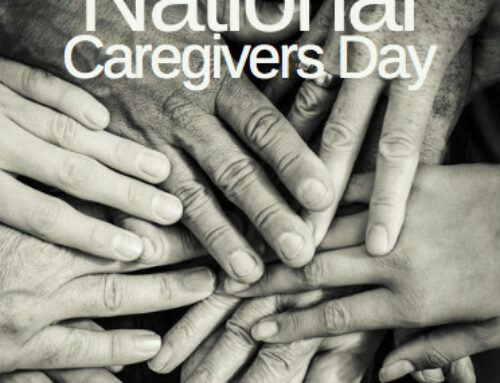Planning a Transition
Talking to a parent with Alzheimer’s or dementia about a transition can be challenging. You want them to feel safe and loved, but a move can be unsettling. Memory care can offer residents the support and care they need, but how can you communicate that need to a loved one?
We’ve prepared a few tips to help you plan for a transition.
Talk to Community Staff
If your loved one is in a care facility, talking to their current caregivers and staff is a helpful first step. Many senior living facilities have multiple care levels, making transitions less stressful for residents.
In some cases, routine care assessments in assisted living communities may determine if the resident may benefit from a transition into memory care. The staff will contact the family to have a conversation about options.
The staff may be able to directly help with a transition if they have a memory care program. Or, they might offer advice about making a transition to a memory care community.
If your loved one joins a new community, communicate with the new staff and caregivers. They know the community best. Ask questions about popular activities, moving day tips, or how you can help make the memory care transition easier. It can also help you to feel confident about your decision by getting to know the people caring for your loved one.
Write a Script
Preparing a script for the memory care conversation can help focus your thoughts and make the discussion easier. Avoid preparing a monologue or essay of things to say. Instead, keep it simple. Write down key talking points or practice beforehand.
Remember to practice active listening. The script is a guide, but you may need to pause your talking points if your loved one has questions or voices concerns. Let your loved one know you’re listening, but focus on the benefits of memory care.
Rally Support
Invite a close circle of family members for support. For example, if you’re transitioning a parent and have siblings, they may want to be part of the conversation. However, be careful about overwhelming your loved one with a group.
Have a conversation with your support members before you talk to your loved one. It’s a chance for your group to discuss their feelings and concerns. Before you talk to your loved one, the group should be on the same page.
If you feel your loved one may refuse, talk to their doctor. If they recommend the transition, it’s okay to say “it’s the doctor’s orders” rather than making yourself the bad guy.
Pick the Right Time
Finding a perfect time is tricky; but you can set yourself up for success with an appropriate time and place. People with Alzheimer’s can experience sundowning, and may feel exhausted, frustrated, or unsettled at the end of the day. Try to talk to your loved one in the morning and in a place where they feel comfortable.
Make a Moving Day Plan
Preparing a moving day plan can lead to a successful transition. There are 3 steps every moving day should prepare: packing, personalizing, and participating.
Packing
Your loved one is likely to notice if you start packing their belongings. Depending on their living situation, packing may also involve downsizing. You can make the experience easier on your loved one by doing some grunt work while they’re at an appointment, sleeping, or enjoying an activity.
Try enlisting help packing. You might invite family members to make the event a trip down memory lane! It’s also okay to pack in stages. If it’s too much to do in one day, start with items your loved one uses less regularly, working your way up to the more precious items.
Personalizing
The memory care facility will be your loved one’s new home. Personalizing can help them feel welcome. When they enter the space for the first time, seeing their photographs, precious knickknacks, and treasures can make their new room feel familiar and safe.
The key is to prioritize the most meaningful objects and avoid clutter. Your loved one should recognize the items in their space but not be distracted by an overwhelming new setup. Talk to your loved one before moving day to determine which objects are the most vital. It may be their favorite display piece or a comfy pillow.
Participating
Moving day can be busy for you and your loved one. But, while you’re unpacking the last box or finishing last-minute tasks, letting your loved one participate in a community activity can be a welcoming distraction.
During your facility research, consider which activities or therapies would be the most fun or engaging for your loved one. When possible, try to time the move so that a preferred activity or event is their first experience. It can build a positive first impression. Additionally, meeting neighbors and staff allows them to get to know their community.
Ask Us About Transitioning
Moving is a complicated process, but transitioning a loved one with Alzheimer’s isn’t something you need to do alone. We want to help your loved ones feel welcome, respected, and safe when they join our community., whether it’s moving day or the many days that follow.
Regency Senior Living offers 4 levels of care, so your loved one receives the support they need when they need it. Get in touch with us or schedule a visit to learn what makes our community special.


 Schedule a Tour Today!
Schedule a Tour Today!








